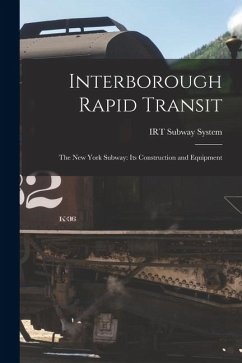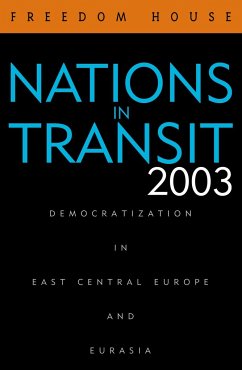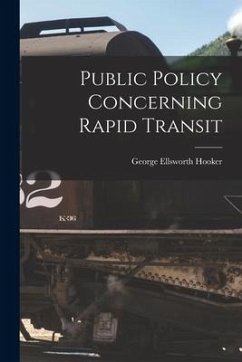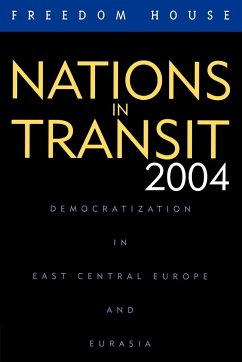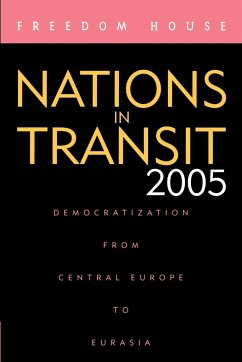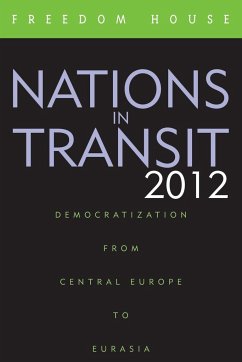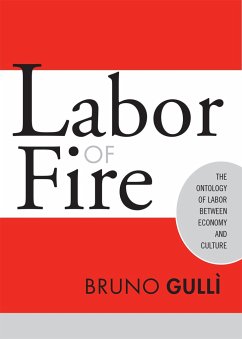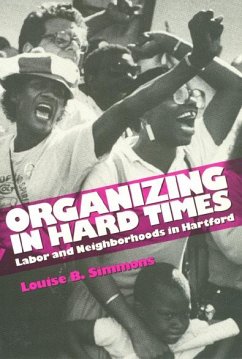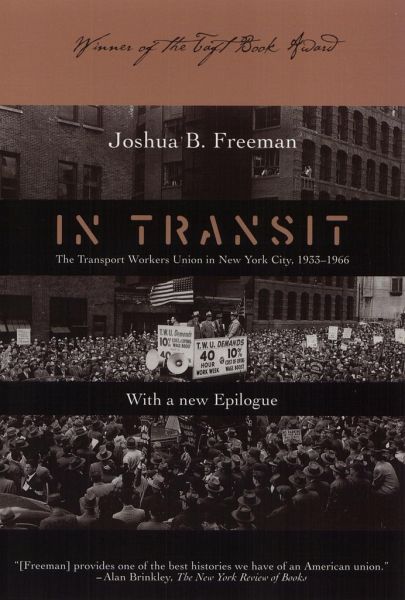
In Transit
Transport Workers Union in NYC 1933-66
Versandkostenfrei!
Versandfertig in über 4 Wochen
33,99 €
inkl. MwSt.

PAYBACK Punkte
17 °P sammeln!
This history of New York transit workers from the Great Depression to the monumental 1966 transit strike shows how, through collective action, the men and women who operated the world's largest transit system brought about a virtual revolution in their daily lives. Joshua Freeman's detailed descriptions of both transit work and transit workers, and his full account of the formation and development of the Transport Workers Union provide new insight into the nature of modern industrial unionism. Freeman pays particular attention to the role of Communists and veterans of the Irish Republican Army...
This history of New York transit workers from the Great Depression to the monumental 1966 transit strike shows how, through collective action, the men and women who operated the world's largest transit system brought about a virtual revolution in their daily lives. Joshua Freeman's detailed descriptions of both transit work and transit workers, and his full account of the formation and development of the Transport Workers Union provide new insight into the nature of modern industrial unionism. Freeman pays particular attention to the role of Communists and veterans of the Irish Republican Army -- including TWU president Michael J. Quill -- in organizing and leading the union, as well as to the Catholic labor activists who were the principal union dissidents. Freeman also explores the intense political struggles over the New York transit system. He links the TWU's pioneering role in public sector unionism to worker militancy and the union's deep involvement in New York politics. His portrait of Fiorello La Guardia's determined opposition to the TWU belies La Guardia's pro-labor reputation. By combining social and political history with the study of collective bargaining, In Transit makes a major contribution to the history of American labor, radicalism, and urban politics. Now with a new epilogue that frames the history of the union in the context of labor's revival and recent changes in TWU's leadership, In Transit is an intimate portrait of the politics of mass transit and public sector unionism, and one of the most detailed reconstructions to date of the social processes of industrial unionism. This book will appeal to anyone interested in New York City's subways, politics, history,and labor.



